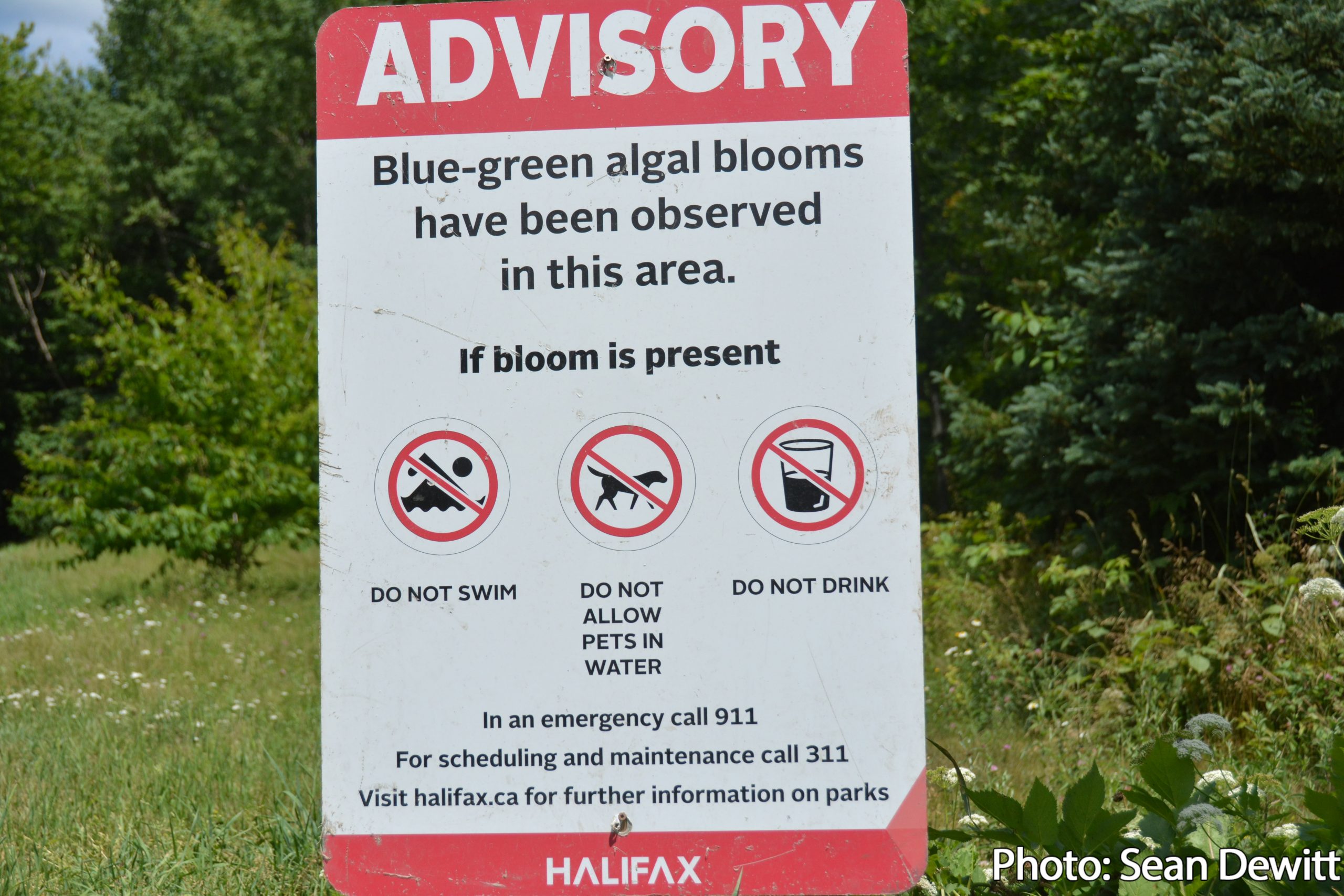**** ASPCA Media Release
The Rising Dangers of Blue-Green Algae
What Is Blue-Green Algae and Why Is It Dangerous?
Blue-green algae (cyanobacteria) is most likely to thrive in bodies of fresh water when the weather is warm and sunny. Algae intoxications happen more during the summer because weather conditions promote the growth of cyanobacteria. These organisms are incredibly toxic and are known to cause poisoning in dogs, cats, livestock, wildlife, birds, fish and even humans.
How to Spot It
Water containing toxic algae blooms will often have the appearance of a pea-green paint or will appear as if there’s slime on the surface.
If certain wind conditions are present, the film will often concentrate along the shoreline in areas where animals may drink or swim.
Symptoms of Intoxication
Dogs can develop poisoning when they drink from, or even simply swim in, contaminated water sources. If blue-green algae is ingested, it can cause severe neurologic or liver damage.
Signs of blue-green algae toxicity include:
- Seizures
- Panting
- Excessive drooling
- Respiratory failure
- Diarrhea
- Disorientation
- Vomiting
- Liver failure
- Ultimately death
If your dog begins to experience any of these symptoms, you should contact your veterinarian immediately.
Stay Alert!
Prevention is key when it comes to any pet toxin. Don’t allow your pets to drink from stagnant ponds, lakes or other bodies of water that have bluish-green scum on the surface or around the edges.
Blue-green algae cells can also stick to a pet’s fur and be ingested when they clean themselves, so take caution before allowing your pet to jump into a body of water and be sure to rinse your pet thoroughly with fresh water after going for a dip.
Many public health departments test water frequently in areas that are known to have outbreaks and will post signs when there is a problem—so vigilance is also important.




